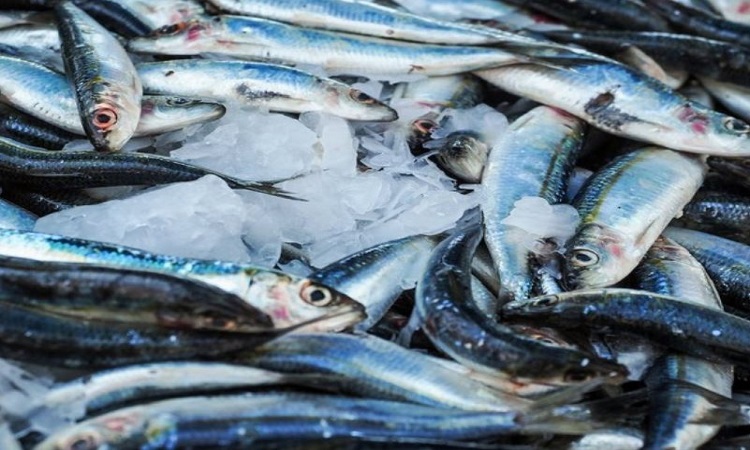
Tokyo: Researchers found candidate genes that could help fish tolerate warmer and saltier water have been identified, potentially providing a vital resource to guide breeding programmes in freshwater aquaculture.
The study's findings were just published in 'Genomics.'
As global warming reduces water quality and availability, these findings can be used to breed more resilient fish and protect a vital food source for millions of people.
The Nile tilapia, Oreochromis niloticus, is a popular freshwater aquaculture species that provide essential nutrients and protein. Their aquaculture popularity has skyrocketed, largely due to their adaptability to various water conditions and production systems.
Soaring global temperatures, however, have depleted freshwater resources. Fish farms - and the people who rely on them for food - urgently need strains that can still thrive despite the higher salinity and increased water temperature.
Also Read |
Products students should have as they prepare for exams
To address this issue, researchers at the Earlham Institute, the University of East Anglia, and the University of Stirling have explored the tilapia genome to locate advantageous changes responsible for increased tolerance to changing water conditions.
They examined tissue taken from the gills - an important osmoregulatory organ in fish - and generated DNA and RNA sequence data to study the activity, regulation, and function of different genes. They then identified genetic differences at gene regulatory regions in the Nile tilapia and 27 other tilapia species.
Their assumption was that differences between the Nile tilapia, a freshwater species, and species adapted to saline waters are likely to have arisen to control genes involved with adapting to different water environments.
The team optimised a genome sequencing approach that reveals the activity of potential transcription factor binding sites and genetic switches for turning expression on and off.
Their approach identified regions of the genome they believe are responsible for controlling the activity of certain osmoregulatory genes, which in turn influence the function of the gills and how the fish responds to changing water conditions.
Also Read |
Active ionisation of air noise reduction: Study
They identified a number of genes relevant to traits that help tilapia to tolerate saltier water and also acclimatise to freshwater. These included genes involved in metabolism and general housekeeping processes responsible for reacting to environmental changes in order to maintain balance.
Dr Tarang Mehta, study author and postdoctoral research scientist at the Earlham Institute, said: "Breeders are in desperate need of genomic resources to inform their breeding programmes so traits offering greater resilience can be quickly and accurately selected for.
"By characterising the genes responsible for these desirable traits, we can now share these new resources with freshwater fish farms to help guide selective breeding programmes."
Dr Wilfried Haerty, study author and Group Leader at the Earlham Institute said: "We identified regions of the Nile tilapia genome we can target to help breed fish with higher tolerance to salt - something that has sadly become increasingly important as our freshwater resources are degraded.
"The next steps are to use similar genomic approaches to find genes and their regulators associated with other traits of interest for aquacultures, like growth and disease resistance." (ANI)







